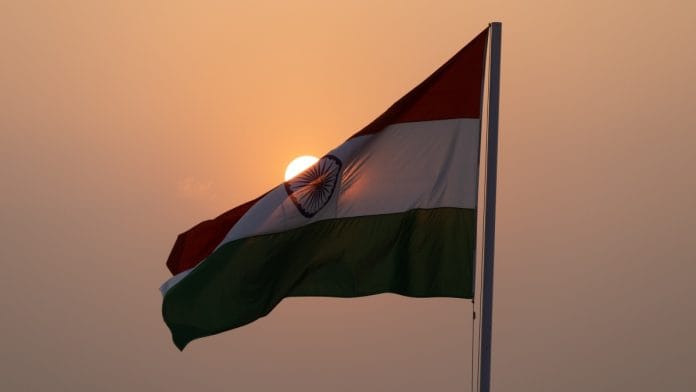
Thank you dear subscribers, we are overwhelmed with your response.
Your Turn is a unique section from ThePrint featuring points of view from its subscribers. If you are a subscriber, have a point of view, please send it to us. If not, do subscribe here: https://theprint.in/subscribe/
It’s an established fact that family-run and family-controlled political parties have a talent deficit and lose their ability to win elections as successive generations take leadership positions in these parties. This article draws attention to how they hold back the economic development of the country.
Starts well and then the talent pool runs dry
The founders of family-run parties are dynamic and charismatic leaders. Their appeal extends to various castes and classes in their respective regions or even at the national level. But as successive generations take control, their ability to win majority seats and run governments declines.
Caste-based distributive justice
In order to divert people’s attention and overcome their talent deficiency, the leaders of these parties go after low-hanging fruits, namely caste-based distributive justice. They promise free cereals, electricity, and unemployment dole at the time of elections and run the state coffers dry within one or two terms in office. These weak leaders have no roadmap to create wealth for distribution. Their stand on capital and investment scares those who can bring domestic and foreign investments. Their way of enabling employment is to promise caste- based reservations in government jobs up to 75%. The day is not far when they will demand caste-based reservation in private sector companies.
Extreme position
In a recent article in Print, Praveen Chakravarty of Congress argues that there are no OBCs and Dalits in the Unicorns and start-ups. What about the leadership in family-run parties? Congress, Shiv Sena (undivided), and TMC are all run by leaders who come from Brahmin stock. The AIMIM chief is an Ashraf. If we take Chakravarthy’s argument to its logical end, barring the leaders of SP, BSP, and Rastriya Janata Dal every other family-run party should hand over control to OBCs and Dalits within their party and quit politics for good.
Economic Aspirations of OBCs and Dalits
While promoting caste-based distributive justice, the leaders of family-run parties do not cater to the aspirations, particularly economic, of the poor, who form the bulk of the OBCs and Dalits. The latter want their children become doctors, engineers, civil servants. But, it is only a small fraction of this population that breaks into these professions. The rest are seeking employment in factories and the informal sector. State governments are doing very little to strengthen the ITI/polytechnic interface with the industry, which continues to remain weak.
Farmers’ income
The majority of the OBCs and Dalits are small farmers (owning up to 5 acres of land) and medium farmers (owning between 5 and 10 acres). The cost of agricultural labour is so high that small and medium farming is becoming financially unviable, even if the whole family works in the farm. The free power given to all farmers is of such poor quality that farmers spend a lot more money annually in repairing burnt-out pump sets. Free power is mostly available from 11 pm to till 4 am. Why can’t governments provide high -quality free power of up to 500 units for farmers with up to 10 acres of farm land and levy a charge on those who own more than 10 acres?
Socio-religious mobility
When the OBCs and Dalits get to enjoy the fruits of employment and wealth, they want to move up the socio-religious ladder, through what sociologist M. N. Srinivas called Sanskritisation. For example, they employ Brahmin priests for their family functions or switch from worshiping kula and village deities to mainstream forms of Shiva, Vishnu, and Devi. While the family-run parties and their left intellectuals frown upon these practices, it is important to understand one crucial point: if caste identities are so freely invoked can religion be far behind? After all, the caste system is a part and parcel of the religious structure.
Conclusion
Where talent and competence are promoted, family-run parties do perform. P. V. Narasimha Rao is a prime example. But, the good work doesn’t last long. In the process of keeping control of their inherited parties, they indulge in ruinous financial in-discipline and retard the economic growth of the States that they rule. A better way is to realise that when the tide goes up all boats rise. They need to work hard and go after tough economic fruits which are not easy to come by.
These pieces are being published as they have been received – they have not been edited/fact-checked by ThePrint.


COMMENTS